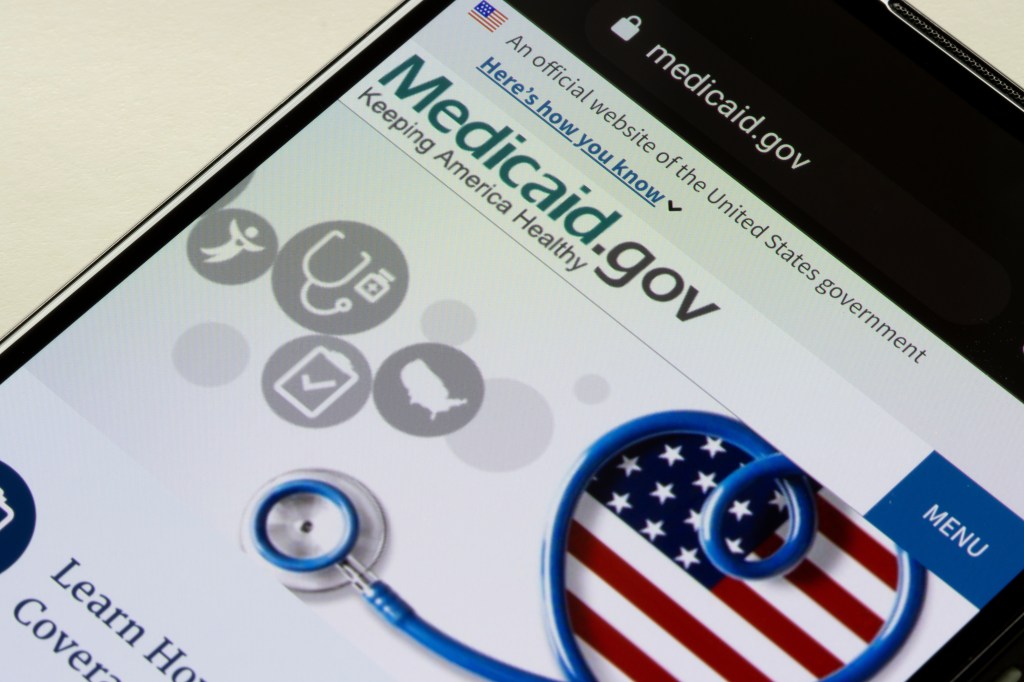Arizona’s Sober Living Crisis: Medicaid Fraud, Crackdowns, and Community Impact

Arizona has long been recognized for its rich culture and breathtaking landscapes. Yet, in recent years, the state has faced mounting challenges tied to sober living homes and Medicaid fraud. Communities, healthcare systems, and lawmakers are all grappling with the fallout from widespread criminal activity and investigations. This article explores the scope of Arizona's sober living crisis, the impact on local residents, and the ongoing efforts to ensure accountability and reform.
The Rise of Medicaid Fraud in Arizona
Over the past decade, Arizona’s Medicaid program (AHCCCS) became an unexpected target for fraudulent schemes. Unscrupulous business owners and healthcare providers exploited the system in shocking ways. For instance, a Phoenix area businessman and owner of multiple clinics recently pleaded guilty to executing fraudulent schemes and illegally controlling a healthcare enterprise. Records reveal that his clinics defrauded AHCCCS for millions of dollars, leaving both vulnerable clients and dedicated staff blindsided. In a revealing report, former employees described devastated lives and unpaid wages—demonstrating the true cost of this kind of fraud for real people. You can read more about this case and its personal toll in this comprehensive FOX 10 Phoenix article.
Major Crackdowns and High-Profile Indictments
Arizona authorities have not stood idle in the face of these challenges. State-led crackdowns have resulted in charges against dozens of individuals and organizations. In a recent high-profile case, 20 people—along with a healthcare business and a church—were indicted on charges related to a $60 million Medicaid fraud scheme. This operation involved billing for addiction rehab services that were never provided or only partially completed. In some instances, fraudulent billing even included names of deceased or incarcerated individuals.
The ripple effect was immense: as funding vanished, many Native American residents were left homeless after being released from unlicensed sober living homes. An in-depth New York Post report details the breadth of these indictments and their devastating socioeconomic consequences.
Impact on Vulnerable Communities
The rapid expansion of unregulated sober living homes in Arizona disproportionately affected vulnerable populations, especially Native American communities. Individuals seeking help for addiction were often lured from distant lands under false promises. When fraud was detected and funding was suspended, these residents found themselves abandoned, without housing or ongoing support. Stories of hardship, such as those recounted by former facility employees and clients, underline the urgent need for oversight and ethical reform in the industry.
Arizona’s Path Forward: Oversight and Reform
In the wake of these scandals, Arizona has intensified its efforts to regulate sober living facilities and protect Medicaid funds. Authorities continue to pursue criminal charges, enforce stricter oversight, and collaborate with tribal leaders to prevent future abuses. For individuals and families affected, public resources and advocacy groups remain available to help navigate recovery and legal recourse.
Conclusion: An Ongoing Challenge with Human Stakes
Arizona’s experience with Medicaid fraud and the sober living crisis highlights the importance of vigilance and integrity in healthcare. While significant progress has been made in uncovering and prosecuting criminal operations, lasting solutions require collaboration among lawmakers, communities, and service providers. Keeping Arizona’s most vulnerable safe must remain a top priority as the state forges a more transparent and ethical future.
If you or someone you know is affected by these issues, consider reaching out to Arizona’s official mental health and legal assistance resources for guidance and support.